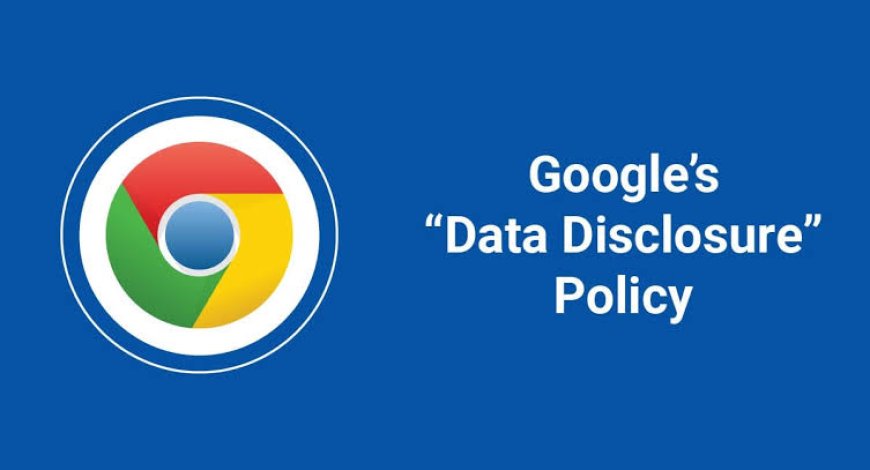FOREIGN TIT BITS: Exclusive… Forbes, CNN, and More Lose Millions as New Google Policy Tanks Affiliate Businesses The steep drops in search visibility could mean the end to outsourcing affiliate operations

The search visibility of Forbes Advisor, The Buy-Side, CNN Underscored, Fortune Recommends, and Time Stamped have all dropped dramatically since September.ADWEEK; Google
Mark_Stenbergpaul.hiebert2.0
By Mark Stenberg & Paul Hiebert
November 12, 2024
The search visibility of the Forbes, Wall Street Journal, CNN, Fortune, and Time affiliate businesses has fallen dramatically in recent months, according to data from the search visibility firm Sistrix and multiple search consultants.
That lost traffic is cumulatively worth at least $7.5 million, according to Sistrix.
These publishers had been generating passive revenue by working with third-party vendors, including Forbes Marketplace (a separate company from Forbes), Credible, and Three Ships, which operate affiliate businesses for these publishers on their domains using their branding.
For instance, while CNN Underscored recommends products under the CNN name, the operation is powered by the third-party company Forbes Marketplace. The two parties then split the resulting revenue.
The strategy makes the two operations practically indistinguishable, obscuring the involvement of the third-party vendor. It also greatly improves the search visibility of the affiliate arm, such that some analysts pejoratively refer to the practice as “parasite SEO.”
CNN and The Wall Street Journal declined to comment. Fortune, Time, Forbes Marketplace, Credible, and Three Ships did not respond to a request for comment. Forbes attributed the declines to standard fluctuations in search.
The July decline
The declines in search visibility first started in July, when Time’s affiliate business, Time Stamped, initially saw its search rankings plummet, according to search consultant Glenn Gabe.
In late September and continuing into October, other publishers’ affiliate businesses began experiencing similar nosedives, according to Sistrix, Gabe, and two other search consultants.
In total, between Sept. 12 and Oct. 31, search visibility declined 43% at Forbes Advisor, 77% at WSJ Buy-Side, 63% at CNN Underscored, 72% at Fortune Recommends, and 97% at Time Stamped, according to data compiled for ADWEEK by Sistrix.
In the highly competitive world of search rankings, even minute drops in visibility have outsized impacts on revenue, according to search analyst Lily Ray. And these declines are substantial.
“If we lost a single place in the SEO rankings, my editor was dealing with higher-ups getting on his case,” said one former staffer at Forbes Advisor.
However, the declines are isolated only to the affiliate arms of these publishers, said Sistrix marketing manager Steve Paine. So CNN Underscored declined in search visibility, but CNN.com did not.
This pattern is highly atypical, according to Paine. It is rare to see such a small number of sites be affected by an SEO update, and it is rarer still to see site directories, rather than the domains themselves, experiencing isolated drop-offs.
“To target at a directory level—that would require some very specific algorithms or a human touch,” Paine said. “I would say this is almost unprecedented.”
Google’s crackdown
Paine and other search engine analysts suspect that the targeted declines are related to a new Google policy, enacted in May, called Site Reputation Abuse.
The policy aims to crack down on affiliate businesses run by third-party companies, according to multiple search consultants. Google previously allowed this practice, they said.
A Google spokesperson told ADWEEK: “We’re working to combat tactics where third parties try to exploit a site’s reputation just to rank well in search. We recently updated our spam policies to specifically target this type of behavior.”
The spokesperson added: “We’re also improving our systems so they better understand if a section of a site is starkly different from the main content of the site.”
Implications of the declines
The declines could have dramatic implications for publishers, according to Ray.
Forbes, in particular, is in the midst of an effort to sell itself to the private equity arm of Koch Inc. for around $570 million, according to Axios. A substantial loss in the value of its affiliate business could impact those discussions.
Time, too, has recently been floated for sale at a price of $150 million by its billionaire owners Marc and Lynne Benioff, according to CNBC. And for the other publishers, the declines represent material losses in revenue and traffic.
But perhaps more critically, the crackdowns signal that the underlying model that animated these affiliate operations—working with a third party to run the business, then splitting the proceeds—might no longer be viable, according to Ray and Lofgren.
This shift could mark an end to the era of publishers outsourcing their affiliate efforts, according to Ray.
Going forward, if a publisher wants the commercial benefits of an affiliate business, it will have to in-house those efforts, which would require a more substantial investment of capital and resources.
CULLED from NiemanLabb (The Daily Digest)














































